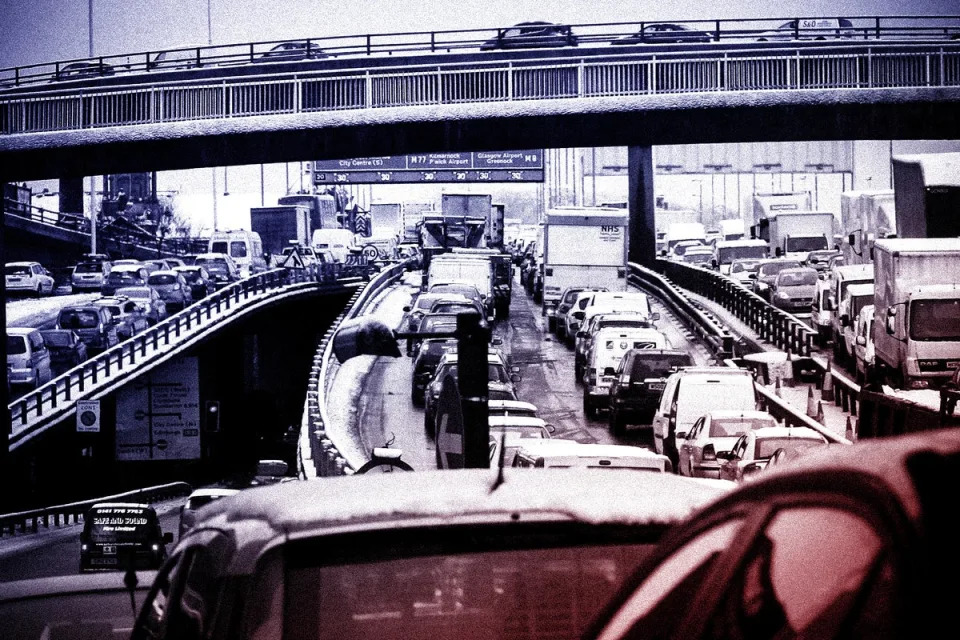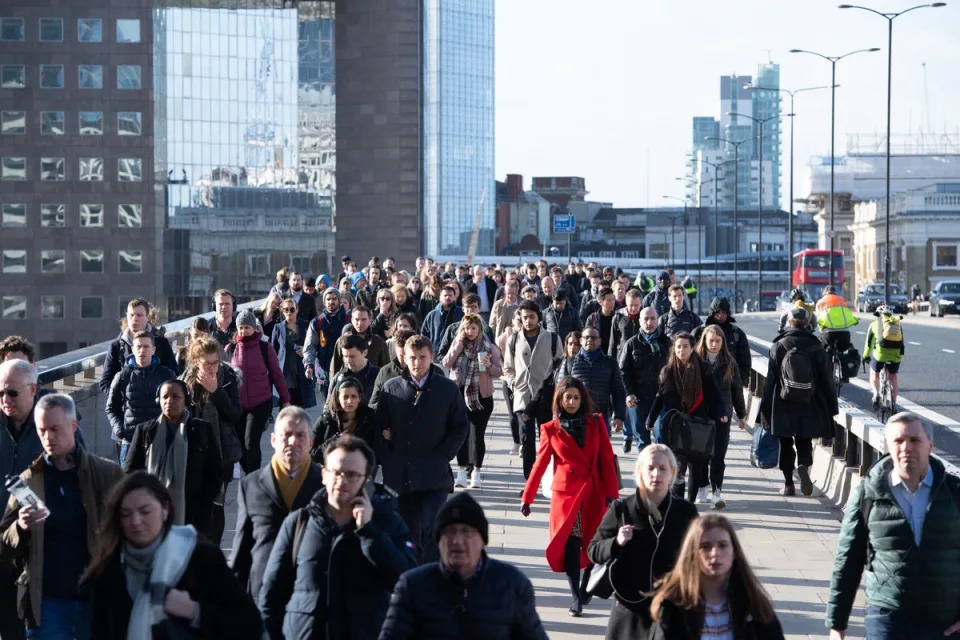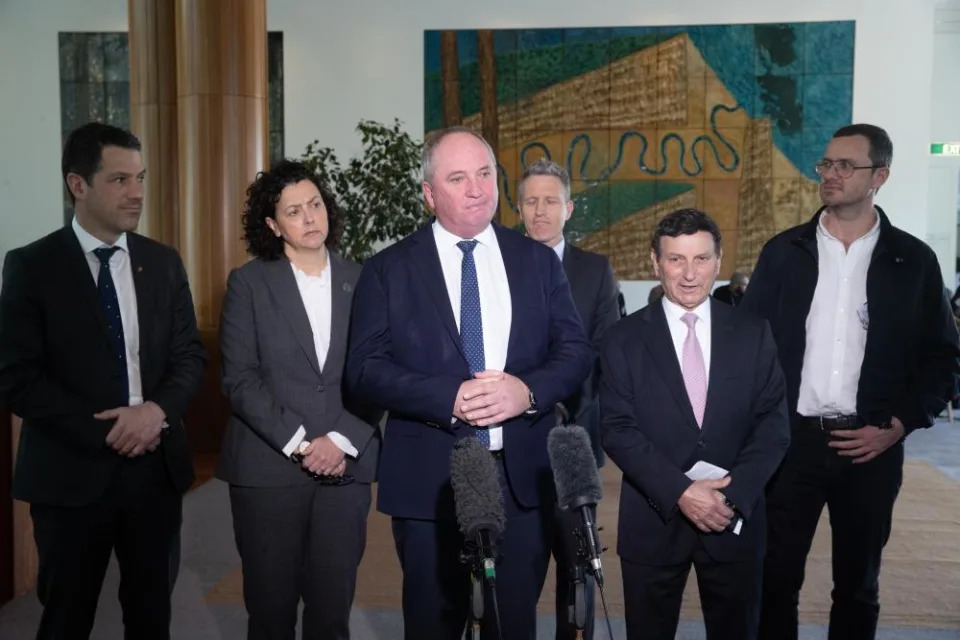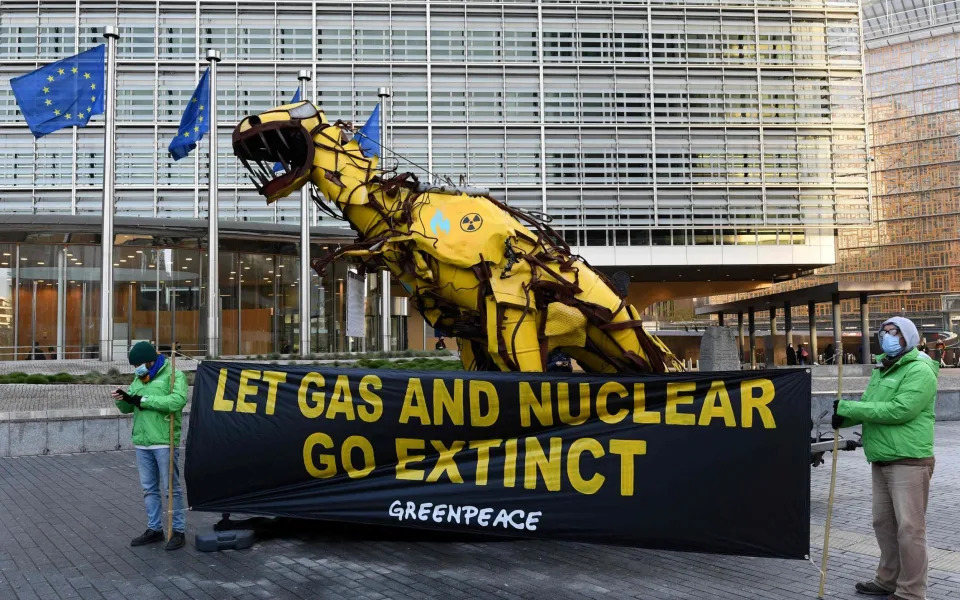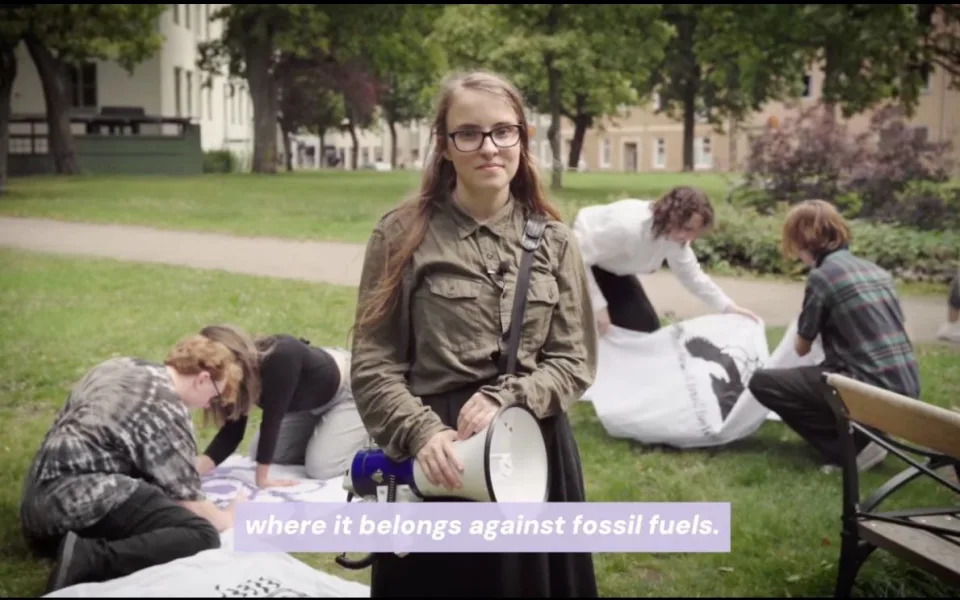Fifth of buy now, pay later customers ‘have used the credit to fund essentials’
Vicky Shaw, PA Personal Finance Correspondent
Thu, 31 August 2023

Nearly one in five buy now, pay later (BNPL) customers have used this payment method for essentials, according to a Government-backed body.
Research among more than 2,500 people across the UK who use BNPL was carried out in March by the Money Pensions Service (MaPS) and consultants the Behavioural Insights Team.
Among the 19% who said they had used BNPL to pay for essentials, items covered included groceries, toiletries, household bills and fuel.
BNPL can spread the costs of items without turning to other forms of credit which may incur interest charges such as an overdraft.
But there have been concerns that some people using BNPL may be overstretched when trying to pay the borrowing back, or be tempted to spend more than they intended to.
Some people may also turn to other fee-charging forms of credit to pay off their BNPL debts.
MaPS said that although BNPL can be useful, people need to consider it as carefully as any other credit product and use it in the right way.
Its new report found that over half (55%) of users had an outstanding payment, while a third (33%) had at least two. Of those with payments outstanding, more than half (55%) owed more than £100, while one in seven (14%) owed over £500.
More than two-thirds (69%) of BNPL users said they have used it even though they originally intended to pay for the item in full. Meanwhile, 44% had checked for BNPL while shopping and 38% had spent more than planned because it was available.
MaPS said those surveyed broadly reacted positively to BNPL, with 82% finding it easy to understand and 76% saying it was easy to manage and pay off.
But nearly a third (32%) had faced an issue managing their spending, with 14% of customers missing a payment and 14% being charged a late fee.
Asked what had caused the issue, prioritising other borrowing repayments and not knowing a payment was due were among the top responses. Not knowing they would be charged a late fee and borrowing too much also featured prominently, MaPS said.
Some said they had taken money from savings or used a credit card to make a repayment.
MaPS warned that when BNPL becomes long-term borrowing rather than short-term credit, the situation can quickly become difficult and may affect credit scores.
It is urging anyone struggling with BNPL to use its free MoneyHelper money tips service.
MaPS is an arm’s-length body which is sponsored by the Department for Work and Pensions (DWP) and also engages with the Treasury on financial capability and debt advice.
Jackie Spencer, head of money and pensions policy at MaPS, said: “Buy now, pay later can be a useful way to spread the cost of purchases and it often provides a real lifeline to those needing short-term borrowing for essentials.
“However, like all credit products, it’s an important decision and everyone should take time to decide whether it’s right for their circumstances.
“This research shows that many people are using it when they hadn’t intended to and spending more because it was available. It’s absolutely crucial that they make sure they can afford the repayments and don’t risk turning a short-term product into long-term debt.
“If you’re struggling with buy now, pay later, or any credit repayments, I’d urge you to seek help today via our MoneyHelper service. You don’t have to go through this alone.”
Ellie Lugt, senior adviser at the Behavioural Insights Team, said: “Buy now, pay later products are useful for many people to smooth their spending, but customers can be supported to better manage their repayments.
“Providers and retailers may be able to support customers by sending timely payment reminders and displaying simple disclosure notices, so that customers are clear on what they are signing up for.”
In July, a group of charities and consumer advocates, including Citizens Advice, wrote an open letter to Chancellor Jeremy Hunt, to say regulation of the sector “is more important than ever”.
They said that consumers turning to BNPL to pay for essentials is “compounding people’s financial hardship”.
The letter said: “We are particularly concerned that those already struggling to make ends meet are most likely to use BNPL because there are currently no safeguards in place to prevent people already grappling with debt to sign up.”
It was sent after Sky News reported that Treasury officials had been told during recent talks with the industry that some of its biggest players could quit the UK market if “heavy-handed” regulation took place.
In February, a consultation was launched to look at how firms would be brought under the scope of the Financial Conduct Authority (FCA).
The Government previously said new regulations could help protect an estimated 10 million customers.
A Treasury spokesperson said: “When used appropriately buy now, pay later can be a useful, interest-free way for consumers to manage their finances. We must ensure that regulation of these products is proportionate to ensure borrowers are protected without unduly restricting access.
“We will publish a response to our recent consultation once it is finalised.”
BNPL service Clearpay said that it has customer protections built in, such as pausing accounts if a payment is missed, to avoid accruing debt.
A spokesperson for Clearpay said: “Clearpay advises shoppers to buy only what you can afford, reschedule repayments if needed, and use email and text message reminders to make sure your payments are made on time and you have money in your account.”
Rocio Concha, Which? director of policy and advocacy, said: “BNPL remains unregulated meaning lenders do not require authorisation by the Financial Conduct Authority, and consumers have fewer protections should things go wrong.”
She added: “Ministers should introduce plans for regulation as soon as possible.”
